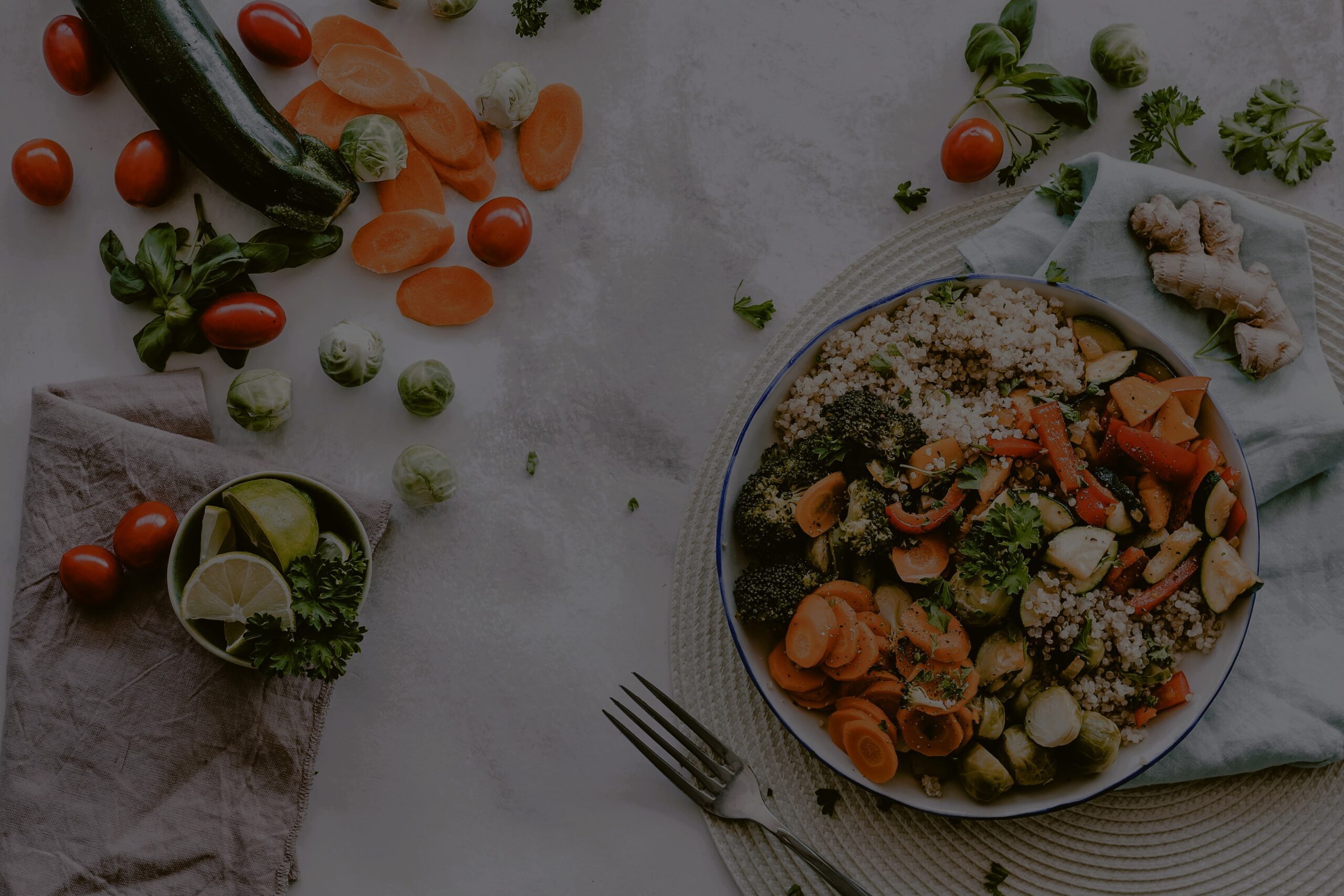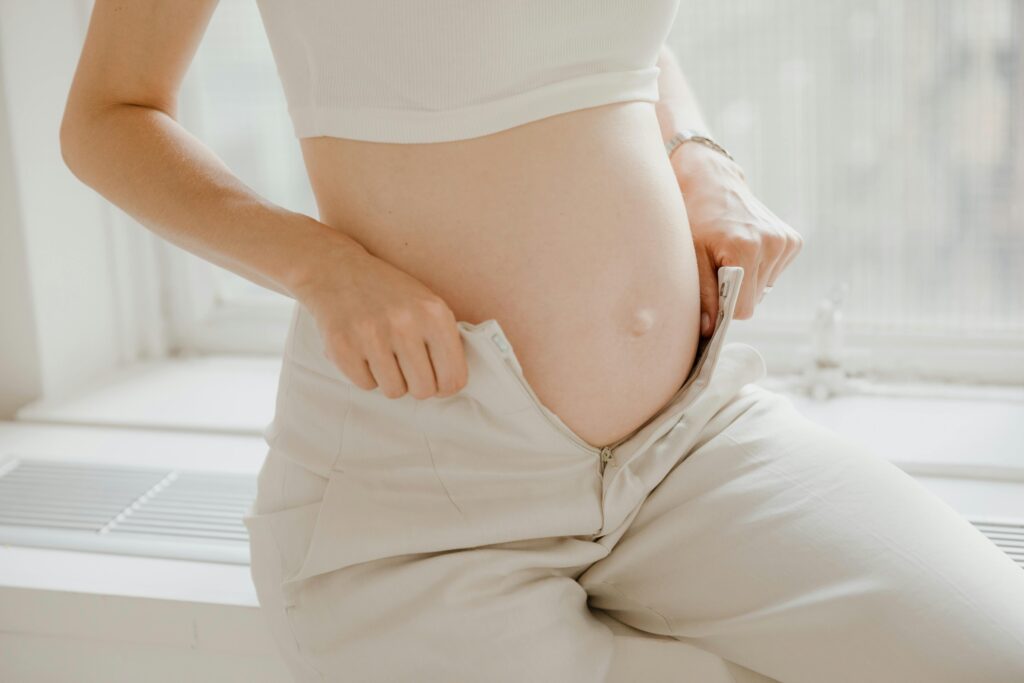Foods to Eat and Avoid During Early Pregnancy
Dr Sagar Jha discuses that early pregnancy are exciting — but they’re also crucial for your baby’s growth.
Many women ask me, “Doctor, what should I eat now that I’m pregnant?”
The truth is, your diet in early pregnancy sets the foundation for your baby’s brain, heart, and organ development.
Here’s a simple, Indian-friendly guide on what to eat and what to avoid in your first trimester.
✅ Foods to Eat in Early Pregnancy
1. Fresh Fruits and Vegetables
Rich in vitamins, minerals, and fibre, they support your immune system and prevent constipation.
Best choices: Oranges, guava, papaya (ripe only), bananas, spinach, carrots, and tomatoes.
💡 Tip: Wash them thoroughly to remove pesticides.
2. Whole Grains
Brown rice, whole wheat roti, oats, and millets provide steady energy and keep you full longer.
They’re also rich in iron and B-vitamins essential for early fetal development.
3. Protein-Rich Foods
Your baby’s cells are growing rapidly, and protein is the building block.
Options: Eggs (well-cooked), chicken, fish (low-mercury varieties like rohu, pomfret), paneer, dals, and beans.
4. Dairy Products
Milk, curd, and paneer provide calcium for your baby’s bones and teeth.
Opt for pasteurized milk to avoid infections.
5. Healthy Fats
Include nuts, seeds (flaxseed, chia), and cooking oils like mustard, groundnut, or sunflower oil in moderation.
They help with brain development and hormone balance.
6. Hydrating Drinks
Coconut water, lemon water, and buttermilk are excellent for hydration and reducing nausea.
🚫 Foods to Avoid in Early Pregnancy
1. Raw or Undercooked Meat and Eggs
They can carry harmful bacteria like Salmonella or Listeria.
Always cook thoroughly before eating.
2. High-Mercury Fish
Avoid swordfish, king mackerel, and shark.
Instead, choose safer local fish like rohu or pomfret.
3. Unpasteurized Dairy
Raw milk and cheese made from unpasteurized milk may carry harmful bacteria.
4. Excess Caffeine
Limit tea, coffee, and cola to less than 200 mg caffeine per day (about one small cup of coffee).
5. Street Food & Unhygienic Preparations
While tempting, chaats and golgappas from roadside vendors may cause foodborne illness.
If craving, make them at home with clean ingredients.
6. Papaya (Unripe) and Pineapple in Excess
Unripe papaya contains latex, and high amounts of pineapple bromelain may cause uterine contractions.
Ripe papaya in small amounts is safe.
Doctor’s Advice for Mumbai Moms-to-Be
- Buy from trusted vendors — crowded city markets can have hygiene challenges.
- Filter your water — avoid tap water directly.
- Carry home snacks — to avoid last-minute unhealthy street food temptations.
Final Word
Eating right in the first trimester isn’t about eating more — it’s about eating smart.
Balanced nutrition supports both your health and your baby’s healthy development.
When in doubt, speak to your gynecologist before making big diet changes. for further queries, reach out to Dr Sagar Jha
To check early signs of pregnancy visit https://drsagarjha.com/early-signs-of-pregnancy-how-to-know-if-you-might-be-expecting/
FAQ: Foods in Early Pregnancy
1. What should I eat in the first trimester of pregnancy?
Include fruits, vegetables, whole grains, protein sources like eggs, fish, chicken, lentils, dairy products, and healthy fats.
2. Can I eat papaya during pregnancy?
Ripe papaya in small amounts is safe. Avoid unripe papaya as it contains latex which may cause uterine contractions.
3. Is street food safe during early pregnancy?
It’s best to avoid it due to hygiene risks. If craving, prepare your favourite chaat or golgappa at home.
4. Can I drink coffee during pregnancy?
Yes, but limit it to one small cup a day (under 200 mg caffeine). Too much caffeine can affect the baby’s growth.
5. What fish is safe during pregnancy in India?
Opt for low-mercury fish like rohu, pomfret, and surmai. Avoid king mackerel, swordfish, and shark.
6. Do I need supplements if I’m eating well?
Yes. Folic acid, iron, and calcium supplements are recommended during pregnancy even with a balanced diet.


